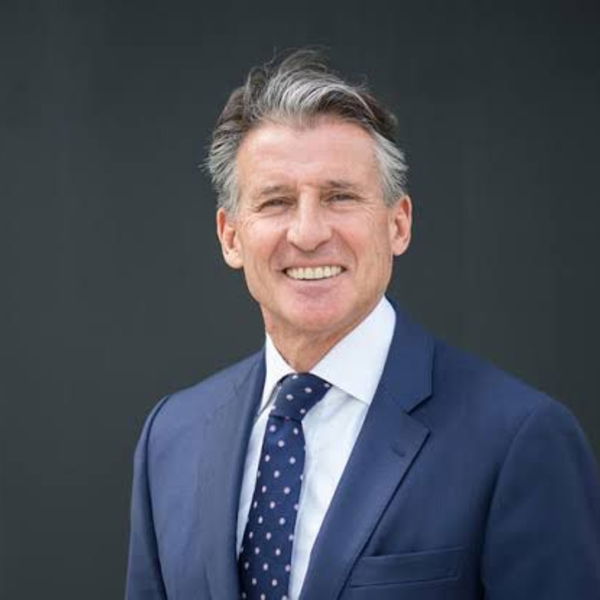

Track and field have grappled with a pall of gloom for years. However, with the involvement of Lamine Diack, the former president of IAAF (International Association of Athletics Federations) in corruption made it worse. This cast a dark shadow over the sport. His involvement in the Russian doping ring, coupled with his convictions for extortion, covering up positive tests, and accepting bribes, exemplifies the depths of corruption that has plagued the sport.
However, in the wake of such scandals, the sport has undergone a transformation marked by the implementation of stricter rules and regulations aimed at combating corruption and restoring faith in its institutions. In a recent episode of the “World Athletic Official Podcast,” President Sebastian Coe of World Athletics addressed the persistent issue of corruption within the sport, unveiling a comprehensive strategy to tackle its multifaceted challenges.
ADVERTISEMENT
Article continues below this ad
The President of World Athletics peels the onion layers of systemic malpractice
During a recent episode of the podcast hosted by Sanya Richards-Ross and Richard, they welcomed Coe. Richard discussed the influence of politics and potential corruption in track and field. Richard pointed out the discrepancies in competition standards and the emergence of a point system that sometimes favors certain athletes, raising concerns about fairness and transparency in the sport. He highlighted the role of meet promoters and agents in influencing athlete participation.

In response, Seb Coe acknowledged the challenges posed by political influences and varying standards in competitions. He emphasized the organization’s commitment to monitoring and addressing these issues to the best of its ability, particularly regarding the composition of event rosters. Coe noted instances where domestic athletes might be disproportionately favored over international competitors.
ADVERTISEMENT
Article continues below this ad
Importantly, he drew attention to the significant influence wielded by shoe companies in some competitions. As he puts it, “We mustn’t overlook the fact that sometimes those meets have quite a big influence from shoe companies, and so certain athletes, if you were in that stable, they’re going to get preferential treatment” Despite the complexities of the landscape, Coe expressed confidence in the effectiveness of existing control mechanisms and reiterated World Athletics’ unwavering focus on prioritizing the welfare of athletes above all else. However, as Paris 2024 approaches, the city is actively taking steps to ensure the games remain free from corruption.
France’s bold step towards accountability
France has set a groundbreaking precedent by becoming the first country to mandate the adoption of anti-corruption compliance programs through enforceable contracts. While the full implications of this measure remain unclear, the trajectory is clear: starting with Paris, followed by the 2026 Winter Games and Los Angeles in 2028, such contractual obligations will become the norm. This marks a significant shift towards accountability in combating corruption.
ADVERTISEMENT
Article continues below this ad
However, the journey towards effective implementation is just beginning. Beyond the initial contractual requirement, there is a pressing need for clear guidance on compliance standards. Operations and enforcement mechanisms must be established to address breaches of contract. Only when these essential steps are taken will the clause hold real meaning.
Read More: World Athletics CEO Lord Sebastian Coe Reveals Major Challenges Facing Track and Field
ADVERTISEMENT
ADVERTISEMENT
ADVERTISEMENT
ADVERTISEMENT

